Arrival will run out of money next year if it doesn’t find an alternative source of credit, German bank Berenberg has said.
The British EV start-up has been hit by the sell-off in tech stocks currently affecting the US market and has seen the value of its shares fall by 90% since it listed via a special purpose acquisition company last May.

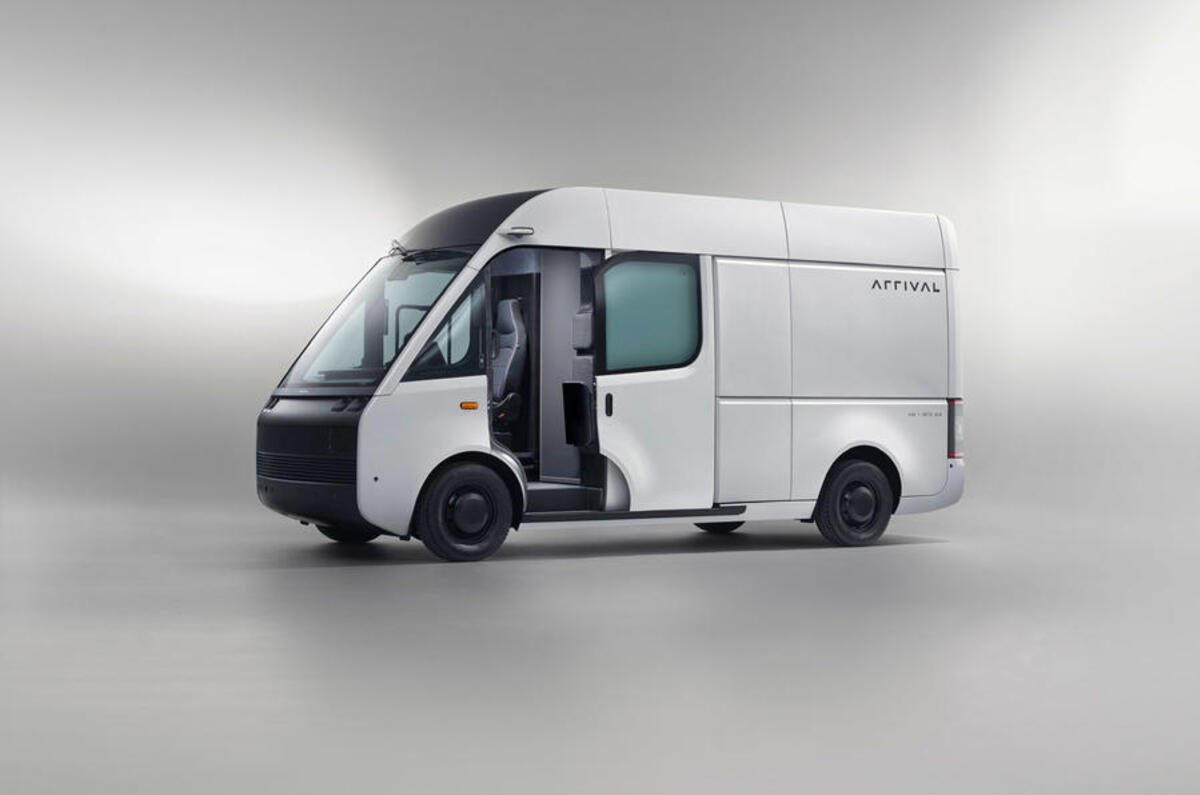
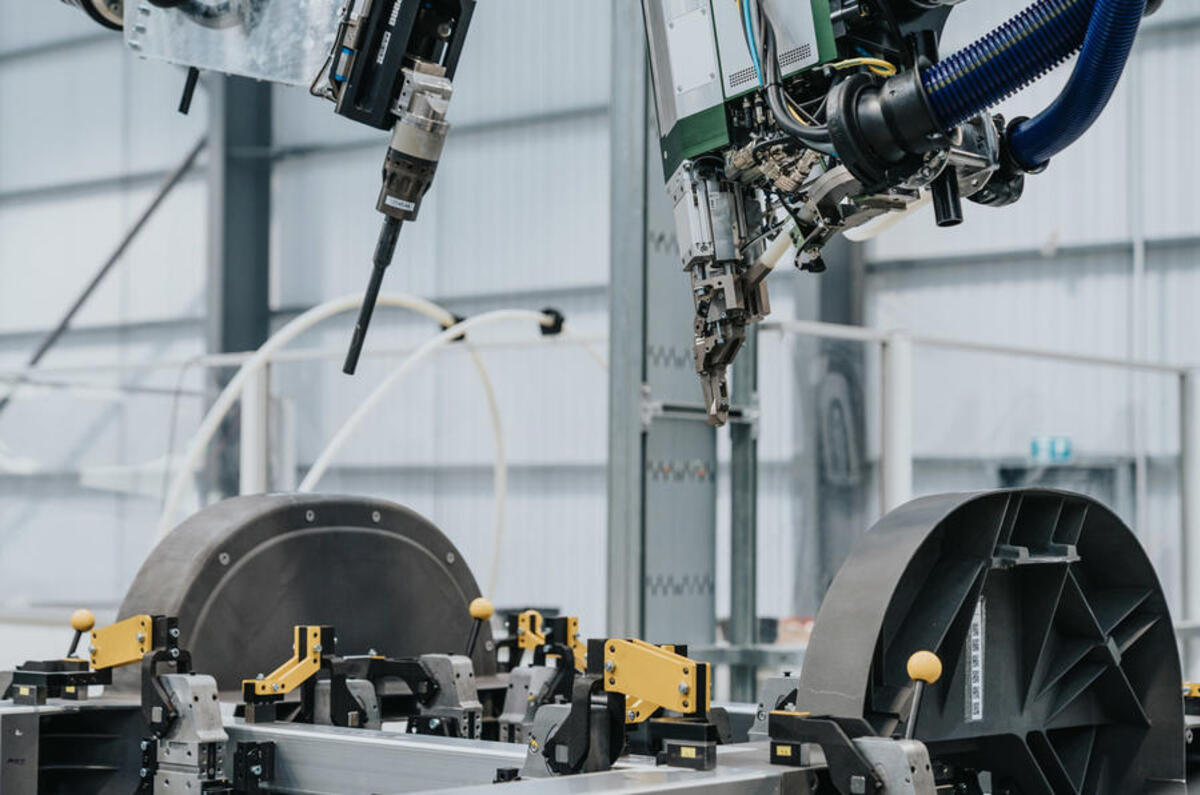
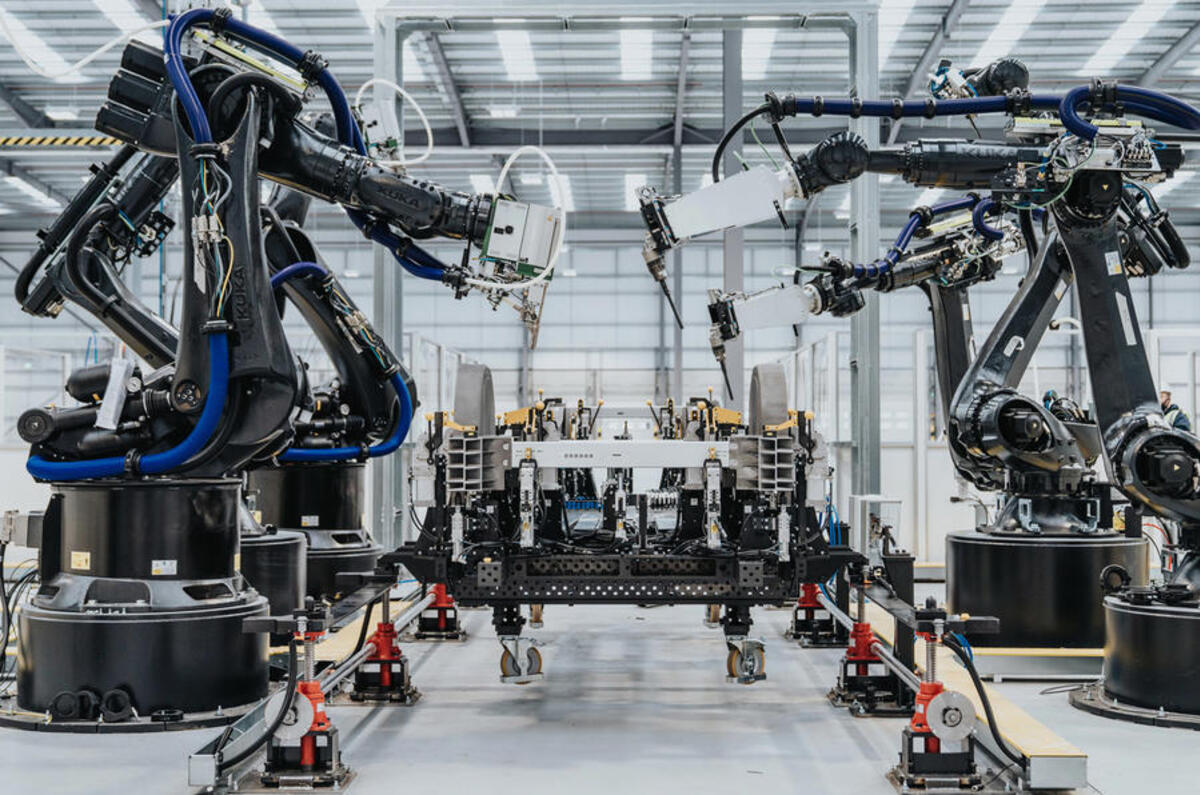
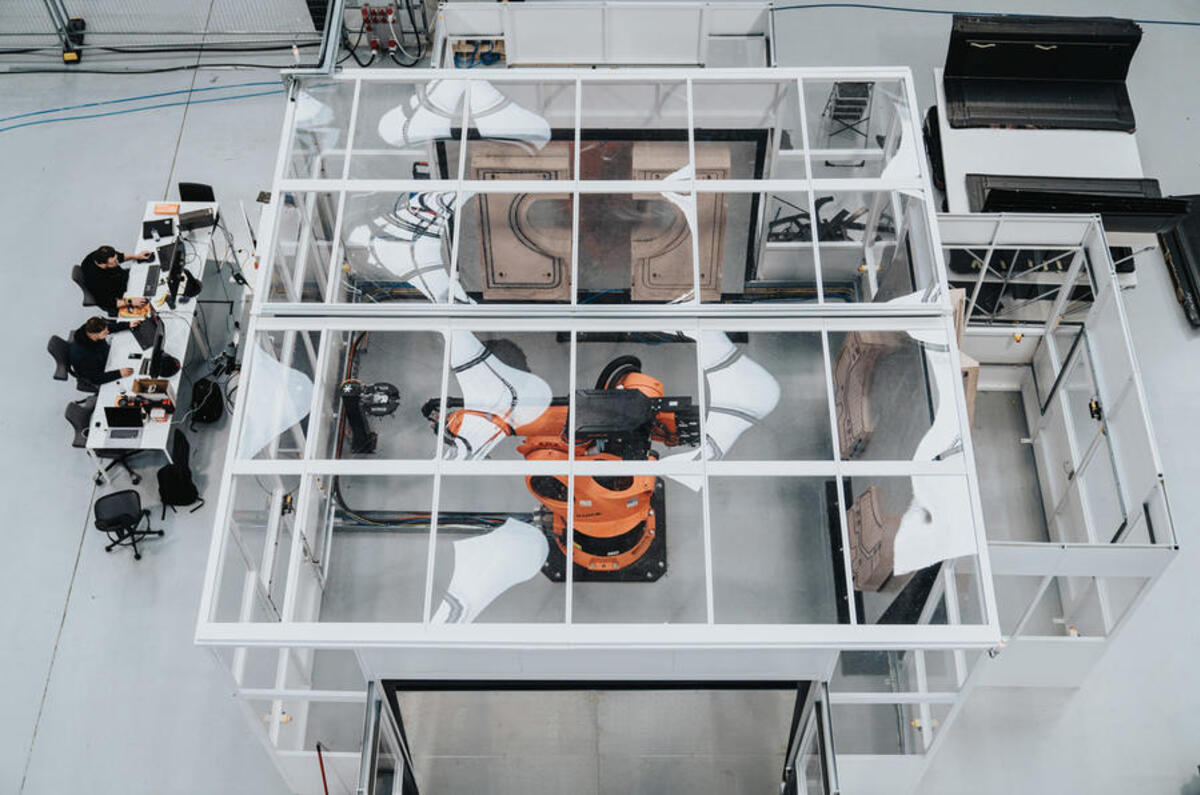
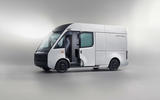
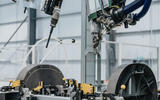
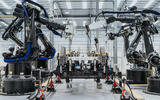



Add your comment